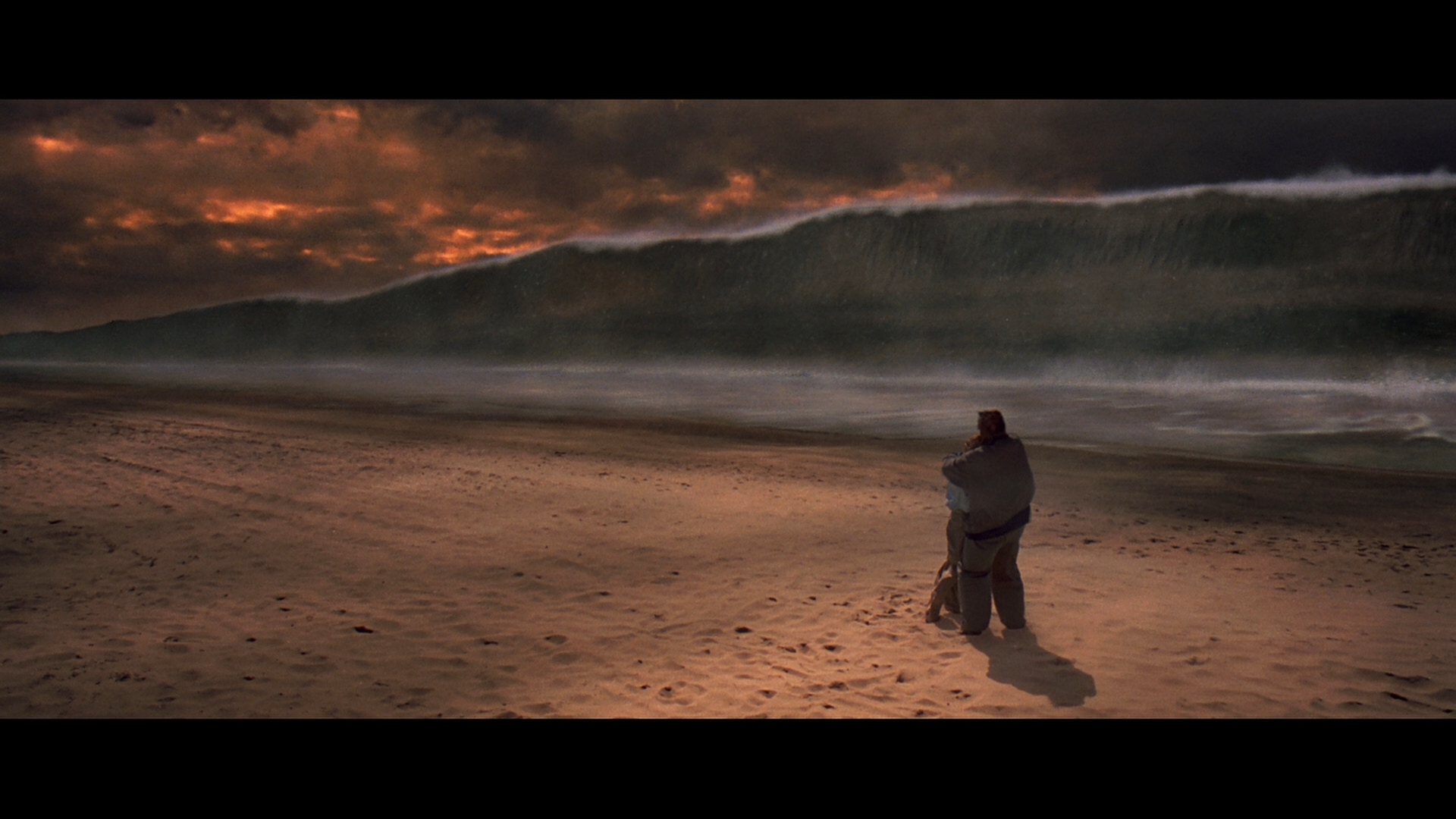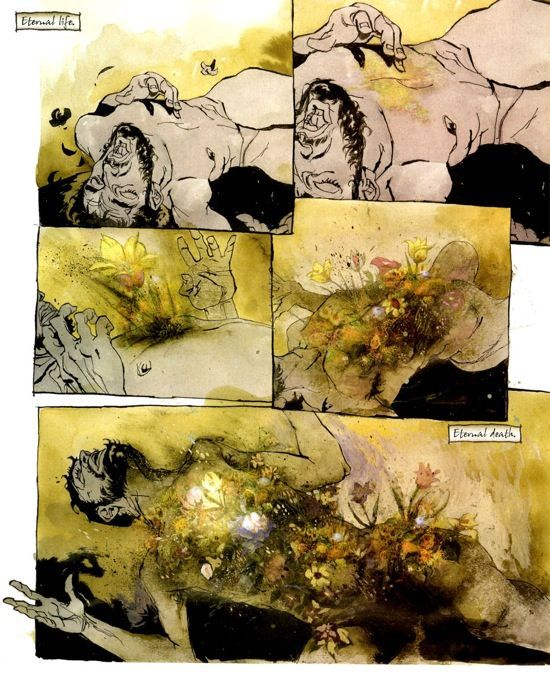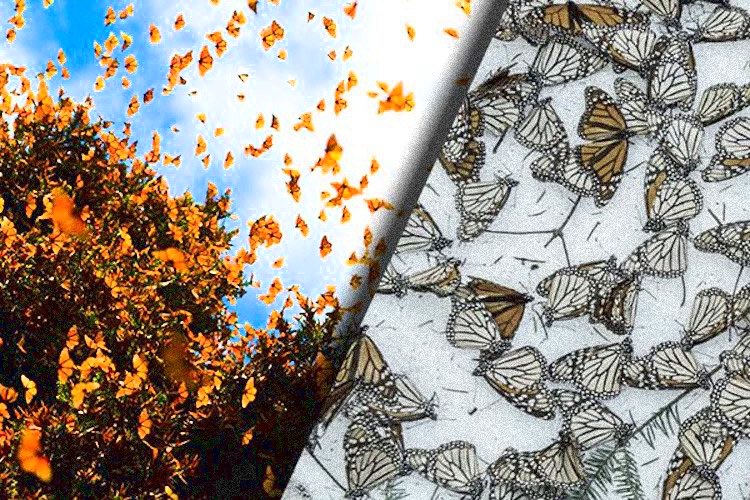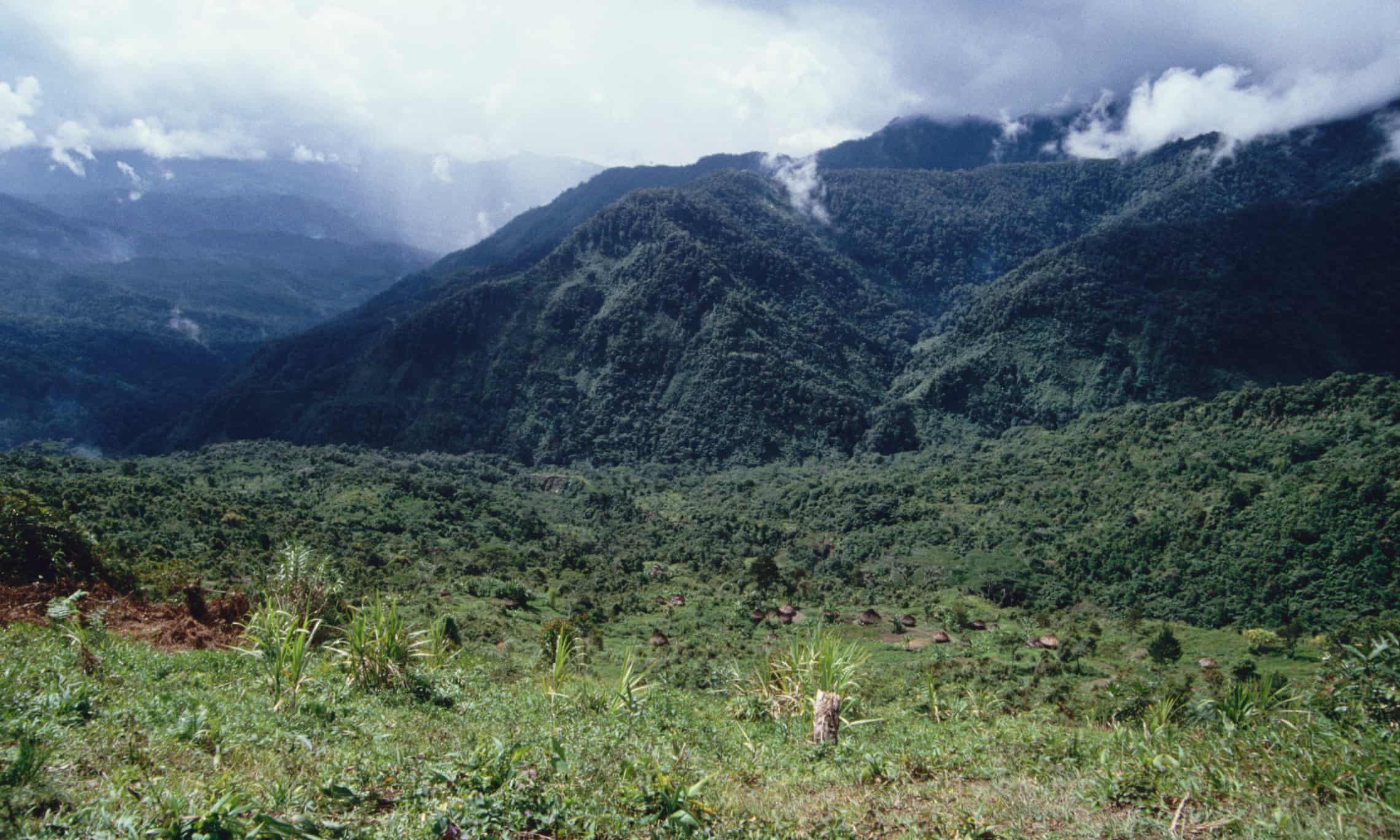

“What If We Stopped Pretending?”
by Jonathan Franzen
“All-out war on climate change made sense only as long as it was winnable. Once you accept that we’ve lost it, other kinds of action take on greater meaning. … It’s fine to struggle against the constraints of human nature, hoping to mitigate the worst of what’s to come, but it’s just as important to fight smaller, more local battles that you have some realistic hope of winning. Keep doing the right thing for the planet, yes, but also keep trying to save what you love specifically—a community, an institution, a wild place, a species that’s in trouble—and take heart in your small successes. Any good thing you do now is arguably a hedge against the hotter future, but the really meaningful thing is that it’s good today. As long as you have something to love, you have something to hope for.”

Stephen Jenkinson
on grief and climate change
“Grief requires of us that we know what time we’re in. And the great enemy of grief is hope. … Our time requires of us to be hope free. To burn through the false choice between hopeful and hopeless. … We don’t require hope to proceed. We require grief to proceed.”
“The Environmental Movement Has Failed”
by Holly Truhlar
“No wonder the environmental movement failed—it failed to bring us together and offer spaces where we can be shattered. It failed to address how painful it is to live in a violent system setup to divide and exploit anyone and anything with less power and privilege (read domesticated, imperialist, white supremacist, capitalist, patriarchy). It failed to offer the tools and resources we all need to feel these traumas and losses. And, until we feel this—really carry the sorrow with us—we’re never going to be in right relationship with nature, ourselves, and each other.”

from Confessions of a Recovering Environmentalist
by Paul Kingsnorth*
“In an age in which ‘fighting for the planet’ most often means tweeting, signing petitions, writing blogs and sometimes going on a march, the rhetoric seems not only overblown but likely to obscure the value of more focused, small-scale personal commitments to changing things for the better. …
“In 1978, [Wendell] Berry wrote to [Gary] Snyder … ‘Maybe the answer is to fight always for what you particularly love, not for abstractions and not against anything: don’t fight against even the devil, and don’t fight to “save the world”.’ …
“Once you start thinking you are responsible, or can influence, everything, you are lost. When you take responsibility for a specific something, on the other hand, it’s possible you might get somewhere. …
“‘Certain gardens … are described as retreats when they are really attacks.’ … To tend a garden, to learn to be humble, to use your skills locally rather than globally: none of this will ‘save the world’, none of it is easy to rally large groups of people behind, none of it makes a good slogan. And yet it has an impact. … Sometimes I think that ‘saving the world’ is just another way of controlling it. …
“I’ve thought for years that the best way to put a spanner in the consumer dystopia that is unfolding is to ground yourself in a place and to learn to do things with your hands … Grow your own carrots, learn to use an axe and scythe, know where the sun falls and what the trees do and what is growing in the laneways. Get to know your neighbours …”

“A Palliative Approach to the End of the World”
by Eric Demore
“‘The Earth as we know it resembles a patient with a bad cancer. We can choose to treat it with disfiguring aggression … or we can adopt a course of treatment that permits a higher quality of life.’
“Liberal democracy and global conventions come at the problem acutely — that is, with a goal of remedying it. We have passed the window of time where the appropriate response to climate change is an effort to cure.
“… I will choose not to direct my energy at solutions that seek to steer the ship of global industry from its irrevocable course. Fracking, industrial farming, rampant capitalism: These are untreatable cancers.
“So, I will embrace a palliative approach to living in the Anthropocene: one which aims small, which focuses on comforting my immediate world, my school, my street, the ravine behind my house. The palliative environmentalist, concerned with the planet’s health but honest about its prognosis, performs acts which focus on the short-term, the local, the concrete. On protecting one species of bird, or omitting red meat from her diet.”

“The Secret Truth Behind Environmentalists’ Favourite Argument”
by Shaun Chamberlin
“For me personally, the harsh truth is that I cannot save Nature and/or humanity from the ongoing devastation, though I could burn myself out trying. It seems to me that there is not one thing that I can do to divert history.
“And facing that reality hurts.
“But, beyond agony, joy.
“I sit with that pain, and its attendant tears and rage, I refuse to run from it or to distract myself with entertainment or with frantic work, and I find that it does not end me.
“Eventually, I come out the other side, somehow empowered. The psychic energy I have been using to suppress that fear and despair is released, and I look at the world with fresh eyes.
“‘Ok’, I breathe, ‘here I am, in a dying world’. It’s the same dying world I lived in yesterday, but today I see it for what it is. ‘What now?’
“And this time the question feels less desperate, less anxious. What story do I want to tell with this day, with this life? The question is suddenly filled with possibilities.
“And this time the question feels less desperate, less anxious. What story do I want to tell with this day, with this life? The question is suddenly filled with possibilities.
“The knowledge that we are all going to die becomes liberating, rather than oppressive. There is simply no hope, no truth in fighting against that reality. If I seek to overcome it then, no, there is not one thing that I can do. Yet there are many, once I allow myself to accept it and live for viable hopes – perhaps simply to live a life that stands for something.
“And then maybe, yes, I decide to spend my time trying to preserve dying species, to right injustices, to create more joy and wonder, maybe even to work for reform or revolution – maybe those are the stories I want my life to tell. But now it comes from such a different energy; from a deeper wellspring. Maybe that new energy will even bring other stories, other possibilities? But certainly it banishes the sense of desperate obligation, the futility and frustration, and leaves the simple expression of who and what I am.
“There is no fear of burn out, for now I am doing and being exactly what I choose at every moment. No, the impossible struggle towards sustainability is not what I’m here to do, but for now, maybe it is what the thing that I’m here to do looks like, from the outside.”

“Why Growing Food Is The Single Most Impactful Thing You Can Do in a Corrupt Political System”
by Alex Pietrowski
“The most effective change-makers in our society aren’t waiting around for a new president to make their lives better, they’re planting seeds, quite literally, and through the revolutionary act of gardening, they’re rebuilding their communities while growing their own independence.”

“I study collapsed civilizations. Here’s my advice for a climate change apocalypse.”
by Chris Begley
“While the wilderness survival skills certainly can’t hurt, it will be empathy, generosity, and courage that we need to survive. Kindness and fairness will be more valuable than any survival skill. Then as now, social and leadership skills will be valued. We will have to work together. We will have to grow food, educate ourselves, and give people a reason to persevere.”

“Rethink Activism in the Face of Catastrophic Biological Collapse”
by Dahl Jamail & Barbara Cecil
“Adaptation is new territory. Here is the realm of healing, reparation (spiritual and psychological, among other ways) and collaboration. It is strangely rich with a new brand of fulfillment and unprecedented intimacy with the Earth and one another. It invites us to get to the roots of what went astray that has led us into the sixth mass extinction. Given that with even our own extinction a very real possibility, even if that worst-case scenario is to run its course, there is time left for amends, honorable completions, and the chance to reconnect in to this Earth with the utmost respect, and in the gentlest of ways.”
“Climate Crisis Forces Us to Ask: To What Do We Devote Ourselves?”
by Dahr Jamail
“By way of the corporate capitalist industrial growth culture within which most of us have been raised and immersed, we have become disconnected from the planet we are so deeply part of. This, I believe, is the root cause of the climate crisis we now find ourselves in. Hence, the first step toward answering the question of ‘how to be’ during this time, which must be answered before any of us can decide ‘what to do,’ is to connect ourselves back to the planet. For we cannot begin to walk until our feet are on the ground. “
“What Would It Mean to Deeply Accept That We’re in Planetary Crisis?“
by Barbara Cecil
“Hence the need for acceptance of what is so, as profoundly difficult that that is. The implications rip open the heart. The impulse to activism may temporarily slow down as the heart takes the lead. It takes time to comprehend and digest the profound losses at hand. As the intensity and pace quicken around us, we are being asked to dwell here long enough for deeply rooted assumptions about life’s continuity to transmute. Listening for direction and waiting for renewed meaning are acts of devotion. The pathway through will not come as a brilliant panacea. My job now is tending the hearth on the far side of despair. “

I am leaving on a pilgrimage to
Paul Kingsnorth, “Confessions of a Recovering Environmentalist”*
find what I left behind in the
jungles and by the
cold campfires and in the
parts of my head and my heart that
I have been skirting around because
I have been busy fragmenting the
world in order to save it;
busy believing it is mine to save.
I am going to listen to the wind and
see what it tells me, or whether
it tells me anything at all.
You see, it turns out that
I have more time than I thought.
I will follow the songlines and
see what they sing to me and maybe,
one day, I might even come back.
And if I am very lucky I might
bring with me a harvest of
fresh tales which I can scatter like
apple seeds across this
tired and angry continent.
*I cannot unequivocally endorse Paul Kingsnorth’s writing after the spring of 2020. After that time, following his conversion to Orthodox Christianity, Kingsnorth’s slide from Green anarchism to proto-fascism became undeniable. All the quotes by Kingsnorth here come from before that shift.